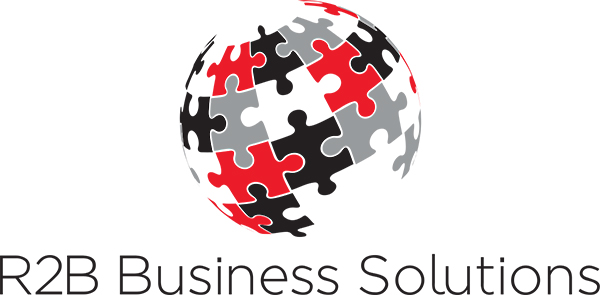As sad as it is, there is one certainty in life and business; we will all die. In an ideal world, each of us would live a long and healthy life during which we complete all our career and business goals and live on to enjoy retirement; either having resigned as an employee or Director, or perhaps having sold the business or shares so that the day-to-day running of a company is no longer a personal concern.
Not everyone retires in time for a clean break from the business
Unfortunately, it's not always the case that a person is able to alleviate themselves of their business responsibilities prior to their death. This is a more common scenario with shareholder roles and some director or board member roles, as they tend to be less demanding positions and may only require quarterly or annual duties and responsibilities. For this reason, many people continue to enjoy the profits and activities associated with their shareholding or directorship well into their eighties and even nineties and are likely to die "in-service".
What happens when a Key Person in the business dies?
When a key person in a business dies, it is always an unsettling time. There will need to be a grieving process for the team, as some employees and associates will feel particularly sad, perhaps vulnerable without the support of their former colleague. And in a family business, the news can be devastating and take many months to recover from. It's therefore helpful for businesses to include some procedure around Death in Service within their Business Continuity Plan, taking into account compassionate leave, periods of closure and any other measures that may be helpful.
Will the business need to wind down if a Director dies?
The short answer to whether a business must close if a Director dies is no. If the Director was the main fee earner within the business, then there is a risk that the business may become insolvent. For example, if a married couple were running a business with one person focusing on sales the other delivering the service, it may be impossible to continue without the person whom can deliver that service. Therefore, the widower would need to enlist the help of a business insolvency practitioner to ensure the company was closed in the correct manner, drawing a line under all the finances and alleviating the widower of any further responsibilities. This would also be true in the case of Sole Traders or Partnerships; if family members suddenly find themselves forced into business ownership as trustees of an estate, it is vital to gain advice from an experienced business consultant to be aware of one's responsibilities to the business.
In businesses that have 5 employees or more, although an individual and their contribution to the business and the team can never be replaced, their function could be. Part of the Business Continuity plan could accommodate for recruitment processes or options for outsourcing some work until other members of the team can be trained. This can be an expensive time for a business, and may result in a dip in sales and revenue for a few months, so it's sensible to take out Key Person Insurance before your business gets to this point. Key Person insurance can be discussed with your accountant or business advisor, and should be considered as part of your ongoing insurance budgets.
If you would like any further information regarding business recovery following death in service, or winding up a business following the death of a director, please don't hesitate to contact us for a free consultation.

